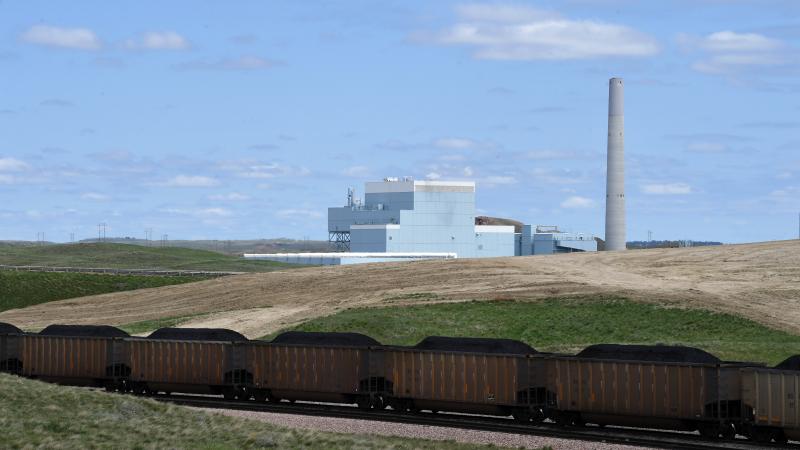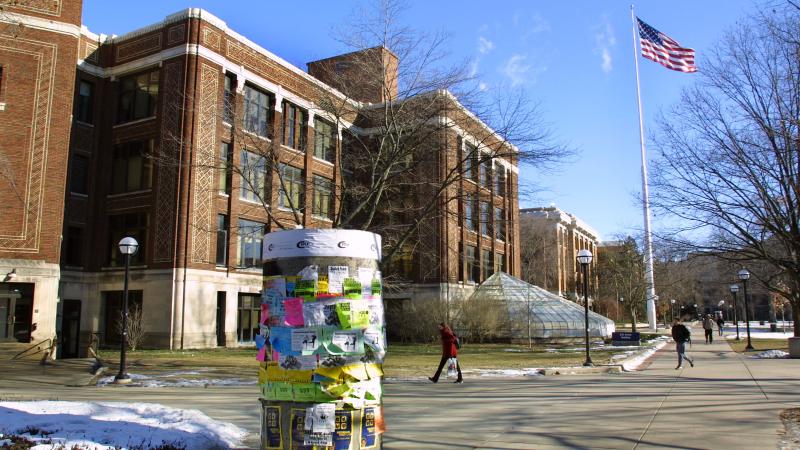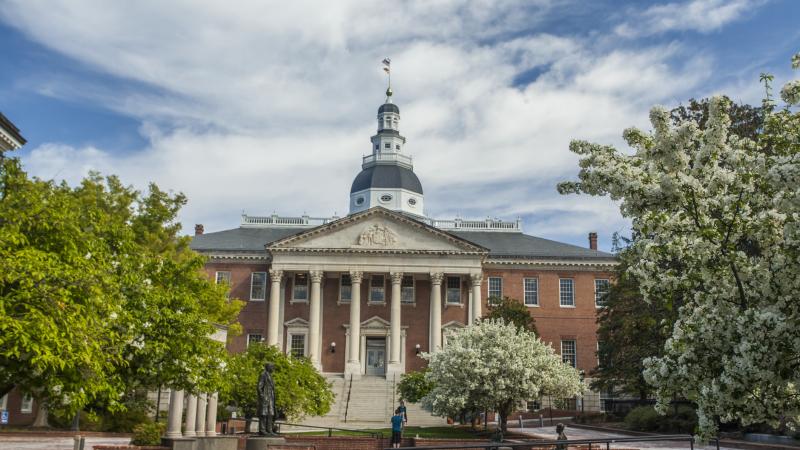Breaching Snake River dams could drop reservoirs, groundwater levels by 100 feet
Some commitments include considering a future without many of the region’s hydroelectric dams.
As the Biden administration attempts to gain support for breaching hydroelectric dams in Washington, state and federal agencies are preparing for a study on the potential implications.
The Washington State Department of Ecology and the U.S. Bureau of Reclamation held two virtual meetings last week to mull over the process and answer questions. The study is one of many commitments made by the Biden Administration in December over decades of litigation regarding Columbia River System Operations.
Some commitments include considering a future without many of the region’s hydroelectric dams. This study aims to “address the irrigation, municipal, and industrial withdrawals associated with the potential breach of the four LSR dams.”
“Generally, if one or more of the four lower Snake [River] dams were to be breached,” said Ron Fehringer, a program manager with the consulting partner Jacobs Engineering Group, “the reservoirs and the groundwater that provides access to water … around the dams could be lowered by roughly 100 feet.”
The first two phases of the study will take place this summer and examine the direct impacts on stakeholders, including the agricultural community, which was largely excluded from the litigation process.
The effort will include various data types to understand the current water supply and future availability. Fehringer said this would consist of interviews, geospatial data, water rights, crop patterns and an analysis of potential impacts on groundwater wells.
The last two phases will take place this fall: first, identifying a way to replace the water supply if the flow level drops 100 feet from breaching the hydroelectric dams; then, considering any potential issues with implementing that water replacement strategy.
Replacement strategies could include building new infrastructure to compensate for the loss and source areas of existing use. However, that could also involve transitioning some areas to groundwater altogether and removing irrigated lands from agricultural production with partial buyouts.
“The focus is the Lower Snake, but to be creative and complete, we’re also going to look at other potential water sources,” Fehringer said, although none have been identified yet.
Roland Springer, deputy regional director for the Bureau of Reclamation's Columbia-Pacific Northwest Region, said the study would not examine impacts on transportation along the river system or energy.
Still, Washington leads the nation in producing hydroelectric power; last year, it constituted 60% of the state’s generated electricity and one-fourth to one-third of all hydroelectric generation nationwide, according to the U.S. Energy Information Administration.
The Bonneville Power Administration, which markets and sells electricity in the northwest, noted in a 2022 study that replacing the energy from the four lower Snake River dams would cost $415 million annually, shooting up to around $860 million by 2045. The average person’s electricity bill would also increase by $100 to $230 annually until 2045 due to the move.
Additionally, during a federal hearing back in January, Casey Chumrau, chief executive officer of the Washington Grain Commission, said it would take over 113,000 more semi-trailers annually to replace the 103 million bushels shipped on the Snake River each year.
“The water is going to be there even if the dams get breached, so it’s not that the water won’t still be flowing by; it just won’t be nearly as deep,” Fehringer said. “So then it becomes a matter of infrastructure and potential effects of sediment and a couple of other issues … the water’s still flowing by at the same rate that it was before, but just 100 feet further down.”
The Department of Ecology and Bureau of Reclamation intend to release a draft by the end of the year, with the final report by mid-2025 after an external and independent peer review.
















